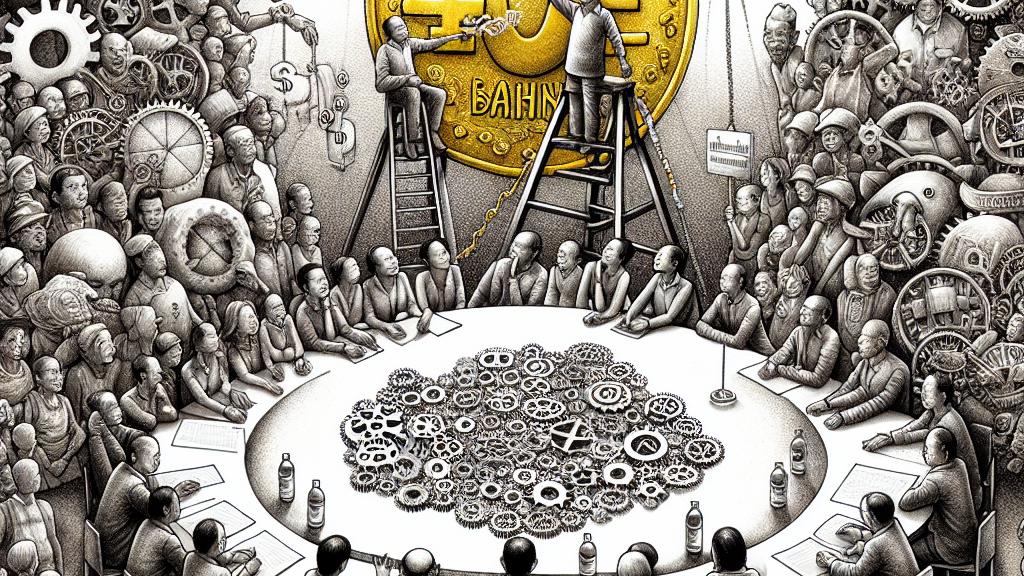Thailand's Minimum Wage Controversy: The B400 Daily Wage Plan
Overview
- Thailand is poised to implement a transformational 400-baht daily minimum wage on October 1, 2024, stirring debates nationwide.
- Delays in the wage committee's meetings have left many questioning the commitment to this essential change.
- Employers express deep concerns about the financial strain of the wage increase, urging government support to navigate this transition.

Context of the Minimum Wage Plan
Thailand stands on the brink of a significant change as it plans to implement a 400-baht daily minimum wage on October 1, 2024. This ambitious proposal, championed by Labour Minister Phiphat Ratchakitprakarn, aims to improve the living standards of workers and address the disparities in the current wage system. However, the path to this goal hasn’t been smooth. The national wage committee—a mixed group of 15 representatives from employees, employers, and the government—has faced several delays, raising concerns about the effectiveness of the decision-making process. Just recently, a crucial meeting was postponed, leaving many to wonder about the political implications and whether the government is genuinely committed to uplifting workers.
Employer Opposition and Economic Implications
Despite the government’s good intentions, employers across Thailand are sounding alarms about the proposed wage hike. Many fear that a leap to 400 baht could significantly increase their operational costs, potentially leading to layoffs or even business closures. Currently, minimum wages vary across regions; for instance, workers in bustling Bangkok earn around 363 baht, while those in remote areas like Narathiwat receive only 330 baht, highlighting the complex landscape of wage disparities. Critics argue that such a drastic increase isn’t just about numbers; it may disrupt the delicate balance of the country’s economy. Small and medium enterprises, which form the backbone of Thailand’s workforce, are particularly vulnerable and are calling for the government’s aid, such as financial incentives or tax reliefs to help them adapt during this challenging transition.
Future Goals and Considerations
Looking beyond immediate changes, Thailand's government has set a long-term target of raising the minimum wage to 600 baht by 2027, emphasizing the need for continuous dialogue between all stakeholders. This vision requires implementing policies that not only support workers but also adequately consider the economic realities faced by businesses. For example, areas with high tourism, like Phuket, need to be treated differently from agricultural regions where cost structures are lower. Minister Phiphat asserts that cooperation is crucial: “Our goal is not just to increase wages, but to ensure those raises contribute to sustainable economic growth.” Striking this balance is vital. Ultimately, only through cooperative efforts and understanding the intricate dynamics of the labor market can Thailand achieve a prosperous future where both workers and employers thrive together.

Loading...